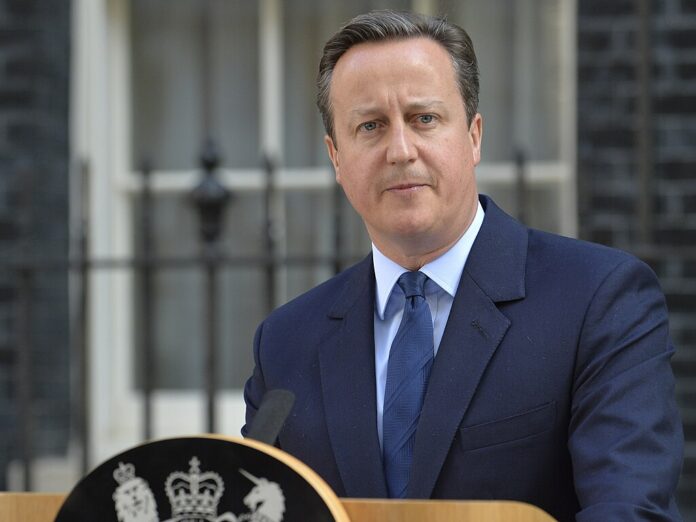Foreign secretary emphasizes the assertive Western response to authoritarian threats, urging increased defence spending and support for allies
In his first major policy speech outside parliament as Foreign Secretary, David Cameron underscored that the West needs to adopt a tougher stance in the face of Russia’s invasion of Ukraine and other global authoritarian threats. He argued that hesitancy and underinvestment in defence only embolden aggressors like Russia and Iran. Calling for increased defence spending and broader action, Cameron criticized Western nations for not learning the lessons of Ukraine’s invasion and for showing too much caution in confronting authoritarian regimes. His appeal focused on the necessity of NATO members reaching and surpassing their defence spending goals, countering proxy forces, and defending women’s rights globally.
He also highlighted the urgency of improving global security cooperation, urging more assertiveness from NATO allies and regional partners in meeting defence spending targets and directly countering threats like the Houthi attacks in the Red Sea. Cameron sees Western nations in a contest of willpower, emphasizing the need to “prove our adversaries wrong.”
Embed from Getty ImagesReuters Coverage:
Reuters highlights David Cameron’s emphasis on increasing Western resolve against authoritarian adversaries. Cameron believes Russia’s invasion of Ukraine demonstrates how hesitation and caution only embolden aggressors like Vladimir Putin. He identifies a need for NATO members to meet their defence spending commitments while urging allies to increase their spending to 2.5% of GDP.
He criticizes European countries like Spain, Belgium, and Canada for lagging behind on defence funding, and points out that the US and UK are the only countries actively responding to Houthi attacks in the Red Sea. The Operation Prosperity Guardian alliance, led by the US, has seen limited active support from other Western nations. Cameron criticizes the EU-led Eunavfor Aspides alliance for restricting its operations to defending commercial shipping rather than launching proactive strikes against Houthi missile sites.
Reuters also underscores Cameron’s call for greater advocacy for women’s rights and a commitment to eliminating practices like female genital mutilation. Cameron insists that the UK can leverage its post-Brexit position to bolster alliances like AUKUS and weaken Russia’s influence in Central Asia.
The Guardian
The Guardian’s report echoes Cameron’s frustration at the West’s lack of resolve in confronting authoritarian regimes. He urges a more aggressive posture to counter Vladimir Putin’s actions in Ukraine and Iran’s proxy activities. Cameron sees NATO as needing a “harder edge” to confront these threats. He calls for a substantial increase in defense spending to at least 2.5% of GDP and criticizes European countries for their hesitation, especially as war unfolds on their continent.
The article also notes his criticism of NATO allies not taking a firm stand against colonial accusations, which hinder progress in promoting women’s rights and eliminating practices like female genital mutilation. Cameron argues that the West must outmanoeuvre its adversaries through competition, cooperation, and innovation.
He remains optimistic that the UK can leverage its global influence to create new alliances post-Brexit and expand its strategic footprint. His critics, however, view him as a risk-taking Foreign Secretary who ultimately remains too close to the US policy agenda.
Kyiv Independent
Kyiv Independent emphasizes Cameron’s call for a more assertive NATO approach to global security challenges, particularly Russia’s invasion of Ukraine. During a recent visit to Kyiv, Cameron affirmed the UK’s steadfast support for Ukraine through funding, weapon provision, and aid to repair the energy grid. The UK has pledged £12.5 billion in aid since February 2022, including £7.6 billion in military assistance.
Cameron believes hesitation has only emboldened Russia’s Vladimir Putin and demands that all NATO members meet their 2% GDP defence spending targets, with a long-term goal of increasing to 2.5%. Some NATO allies, such as Spain and Belgium, still fail to reach the 2% threshold.
Cameron’s speech highlights the crucial role of NATO in maintaining global security. He insists that collective defence efforts and assertiveness will deter authoritarian threats and ensure Ukraine has the support necessary to achieve victory. He also stresses the importance of standing up for women’s rights, taking decisive action against Iranian proxies, and strengthening the resolve to counter global security threats effectively.
